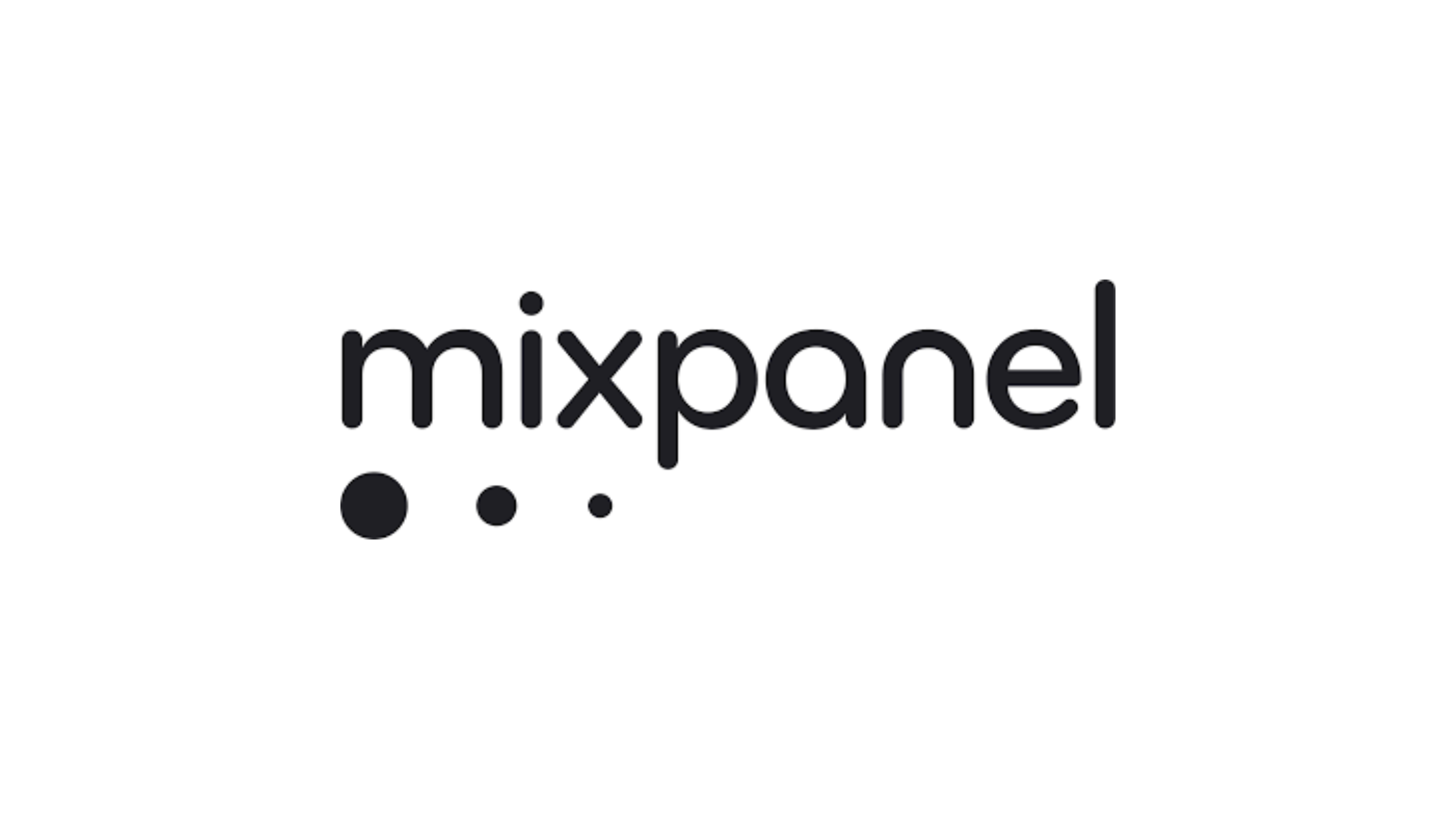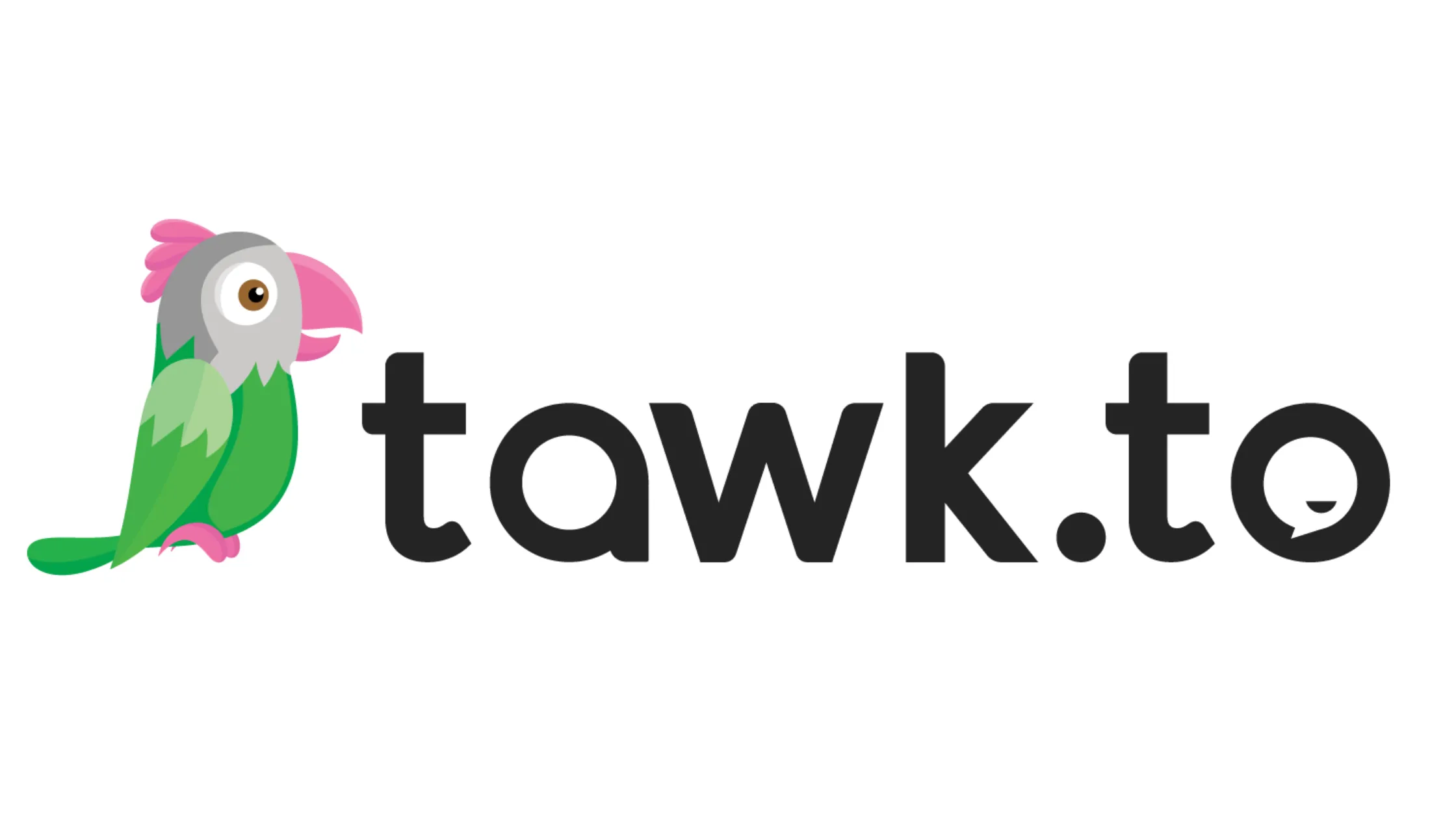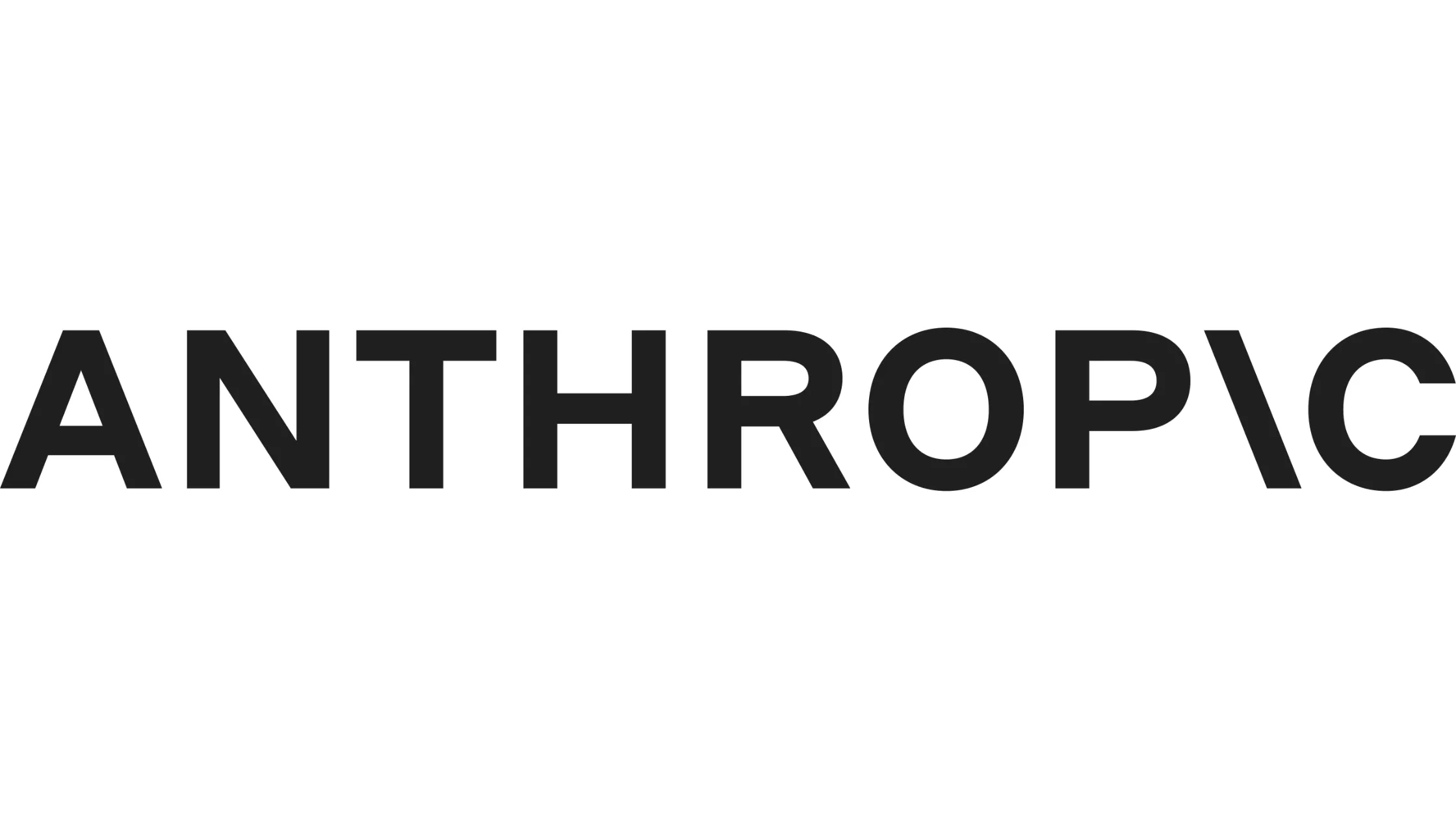
The Benefits of Outsourcing Product Development
Outsourcing product development offers startups speed, flexibility, and cost savings. Learn how it can help you build efficiently without sacrificing quality.
As a startup founder, your time is precious. You're constantly balancing vision, strategy, and execution, all while keeping an eye on your burn rate. One question often comes up during this journey: should you build everything in-house, or is outsourcing product development a smarter choice? With the right partner, outsourcing can be a powerful lever for growth, allowing you to focus on scaling your business while still getting a high-quality product out to market. In this post, we'll explore the key benefits of outsourcing product development and why it might be the best path for your startup.
What is Outsourcing Product Development?
Understanding the Basics
Outsourcing product development means delegating your software design, engineering, or even prototyping needs to an external team. Instead of hiring in-house engineers, you collaborate with a specialized agency or freelancers to handle specific aspects—or all—of your product build. Whether you need to create a minimum viable product (MVP), a full-fledged app, or add new features to an existing system, outsourcing can be an efficient way to access top talent and resources without overextending your internal team.
The Role of a Strategic Tech Partner
When you outsource, you’re not just handing off tasks to a random group of developers. You want a partner who understands your business needs, your customers, and your product goals. At Horizon-Labs.co, we often position ourselves as strategic tech partners rather than a simple dev shop. This means that we’re not just executing on specs—we’re actively contributing to your product’s long-term success. Having built multiple products from scratch and scaling teams globally, we know what it takes to launch in a fast-paced startup environment.
The Benefits of Outsourcing Product Development
1. Speed to Market
For startups, speed is often a make-or-break factor. The faster you can get your product in front of users, the quicker you can iterate based on real feedback. Outsourcing to an experienced team can help you move from idea to execution far faster than if you were to build an internal team from scratch. You don't have to spend weeks or months recruiting, onboarding, and training new hires.
At Horizon Labs, for example, we help our clients rapidly prototype and build MVPs that can be tested in the market. We recently worked with Flair Labs, an AI startup (YC S22), and helped them accelerate their product development timeline by delivering a production-ready application in record time.
2. Cost-Effectiveness
Let’s face it, hiring engineers—especially in Silicon Valley or other tech hubs—can be expensive. Salaries, benefits, equipment, and office space add up quickly. Outsourcing can dramatically reduce your operational costs without sacrificing quality. Offshore development teams, like our experienced engineers in Turkey, allow us to provide high-quality engineering services at a fraction of the cost compared to full-time U.S.-based engineers.
3. Access to Specialized Talent
Building a product often requires a wide range of technical skills—UX/UI design, backend and frontend development, DevOps, cloud infrastructure, AI/ML expertise—the list goes on. Finding one person, or even a small team, who can do it all is challenging and costly. By outsourcing, you gain access to a broader pool of talent that might not be feasible to hire internally.
At Horizon Labs, we’ve built a team of seasoned engineers with expertise across a variety of domains—from OpenAI integrations to Kubernetes deployments. Our clients, like Arketa and Bloom (both YC alums), rely on our specialized knowledge to overcome technical challenges and scale their products efficiently.
4. Flexibility and Scalability
Startups operate in a world of uncertainty—what you need today may change drastically in six months. Outsourcing gives you the flexibility to scale your team up or down depending on your project’s needs. You can tap into a larger talent pool for critical phases of development and reduce your costs when things slow down, without the hassle of hiring and firing employees.
We’ve seen this firsthand with startups like Yura Health and Cresance, where Horizon Labs provided on-demand engineering support during their product development cycles. As their needs evolved, we adjusted our team size and focus areas to match their pace.
Common Myths About Outsourcing Product Development
1. Myth: Outsourcing Means Lower Quality
One of the biggest fears startup founders have is that outsourcing will lead to poor code quality or a misaligned product. But the truth is, outsourcing doesn’t mean settling for less—it means finding the right partner who understands your goals. A quality-driven agency will have systems in place to ensure code quality, project management, and timely delivery.
At Horizon Labs, for example, we pride ourselves on delivering high-quality code while maintaining open lines of communication with our clients. Our engineers use industry-standard tools and agile development processes to ensure that every project stays on track.
2. Myth: Outsourcing is Only for Big Companies
Another misconception is that outsourcing is only for larger, established companies with big budgets. In reality, many early-stage startups use outsourcing as a way to get their product off the ground without the financial burden of a full-time engineering team. Even if you’re a team of one or two, outsourcing can help you stay focused on product-market fit and customer acquisition while experts handle the technical heavy lifting.
3. Myth: You Lose Control of Your Product
Some founders worry that outsourcing means losing control over their product. But in practice, a good outsourcing relationship should feel like an extension of your own team. It’s all about setting clear expectations and maintaining consistent communication.
At Horizon Labs, we make it a point to keep our clients in the loop with regular updates, sprint reports, and demo sessions. Our goal is to empower founders to make informed decisions about their product without overwhelming them with technical jargon.
How to Choose the Right Outsourcing Partner
1. Look for a Proven Track Record
Your outsourcing partner should have a history of working with startups like yours. Check out their portfolio and see if they’ve delivered products in your industry or stage of development. For example, at Horizon Labs, we’ve worked with a wide range of startups across healthtech, marketplaces, and AI, which gives us the flexibility to adapt to different challenges and technical needs.
2. Prioritize Communication
Outsourcing doesn’t mean disappearing from the process. You’ll want a partner who prioritizes communication and keeps you updated on progress. Look for teams that have clear processes for project management and transparency.
Navigating the Challenges of Outsourcing
1. Aligning Time Zones and Communication
One of the potential challenges with outsourcing is dealing with different time zones, especially if your development team is offshore. It’s important to establish communication protocols that accommodate both your team’s working hours and the outsourced team's. Tools like Slack, Zoom, and project management platforms such as Asana or Trello can make a big difference in keeping everyone aligned.
At Horizon Labs, we have teams in both California and Turkey, which means we’re used to managing time zone differences effectively. We often find that this setup allows us to operate almost around the clock—our California team hands off tasks to Turkey, and the next day progress is made while you sleep.
2. Building Trust With Your Outsourcing Team
Trust is essential when working with an outsourced partner. You want to feel confident that the team handling your product understands your vision and will deliver according to your expectations. The key here is transparency. The best outsourcing partners will be upfront about timelines, costs, and potential roadblocks, allowing you to manage your expectations realistically.
We take this to heart at Horizon Labs. Every project starts with a detailed scoping session where we map out deliverables, timelines, and potential risks. We provide regular sprint updates and demo sessions to ensure that we’re always on the same page as our clients.
3. Maintaining Your Company Culture
When you outsource product development, one concern might be maintaining your company’s culture and values. While your outsourced team might not be present in the office (or even in the same country), you still want them to understand the bigger picture of what you're building and why. Regular meetings, clear communication of your company’s mission, and collaborative work can help bridge this gap.
At Horizon Labs, we see ourselves as an extension of your team. We take time to understand your company’s culture and goals, ensuring that everything we build aligns with your brand’s vision and user needs.
Real-World Examples of Successful Outsourcing
1. Flair Labs: Accelerating AI Development
Flair Labs, a YC-backed AI startup, partnered with Horizon Labs to fast-track their AI product's go-to-market journey. They needed a robust, production-ready AI platform but didn't have the bandwidth to hire an internal team at the speed they required. By outsourcing their product development to us, they were able to leverage our expertise with OpenAI, Kubernetes, and cloud deployment, allowing them to focus on sales and customer acquisition while we handled the tech.
2. Yura Health: Scaling HealthTech Innovation
Another example is Yura Health, a healthtech startup that needed a flexible yet skilled engineering team to build their MVP. Yura outsourced to Horizon Labs because they wanted experienced engineers who could not only execute but also offer strategic advice on navigating the complex healthtech landscape. This collaboration enabled Yura to deliver a polished product to investors and customers while staying lean and focused on other critical aspects of their business.
Final Thoughts: Why Outsourcing May Be Right for You
At the end of the day, outsourcing product development isn’t just about cutting costs—it’s about gaining flexibility, speed, and access to specialized talent. Whether you're a solo founder building an MVP or a growing team scaling your platform, outsourcing can provide the technical expertise and support you need without the headaches of managing a full-time team.
If you’re interested in learning how outsourcing can help your startup, Horizon Labs is here to guide you every step of the way. With our proven track record of success in industries ranging from AI to healthtech, we’re confident that we can help build your product faster, cheaper, and more efficiently. Ready to take the next step? Contact us at info@horizon-labs.co or schedule a free consultation at Horizon Labs Contact today.
Frequently Asked Questions (FAQs) about Outsourcing Product Development:
Q: How do I maintain control over my product when outsourcing development?
A: Maintaining control over your product while outsourcing involves setting clear expectations, frequent communication, and using project management tools to track progress. Choose a partner who is transparent about timelines, budget, and deliverables. Regular check-ins, sprint reviews, and demo sessions help ensure that you stay informed and can make key decisions throughout the development process.
Q: Can I start with outsourcing just a part of my product, or does it have to be the entire project?
A: You can absolutely outsource just a portion of your product development. Many startups begin by outsourcing specific tasks like front-end development, prototyping, or backend infrastructure. As you build trust with your outsourced team, you can scale up the collaboration. This flexibility allows you to retain internal control over certain areas while leveraging external expertise for others.
Q: What should I look for in a reliable outsourcing partner?
A: A reliable outsourcing partner should have a proven track record of working with startups, particularly in your industry. Look for reviews, case studies, and client testimonials that demonstrate their ability to deliver on time and within budget. Additionally, they should offer good communication practices, transparent pricing, and flexibility to adapt to your evolving needs. Finally, ensure that their expertise aligns with your technical requirements.
Q: Is outsourcing product development suitable for pre-seed startups?
A: Yes, outsourcing is an excellent option for pre-seed startups that may not yet have the resources to build an in-house team. It allows you to develop a minimum viable product (MVP) quickly, without the overhead costs associated with hiring full-time engineers. Outsourcing lets you focus on customer acquisition, fundraising, and other critical activities while experts handle your technical needs.
Q: How can I ensure quality when outsourcing product development?
A: To ensure quality, start by selecting an experienced outsourcing partner with a history of successful projects. Establish a robust process for quality assurance, including code reviews, testing procedures, and documentation standards. You should also schedule regular feedback loops and review milestones to catch potential issues early and maintain product quality throughout the development cycle.
Q: Can outsourcing help with post-launch support and maintenance?
A: Yes, many outsourcing agencies, including Horizon Labs, offer post-launch support and ongoing maintenance services. This can include bug fixing, performance optimization, and adding new features as your product grows. Outsourcing these tasks allows your internal team to focus on scaling other parts of the business while ensuring that the product remains stable and up to date.
Q: What are the legal and security considerations when outsourcing product development?
A: Legal and security considerations are crucial when outsourcing. You should have a solid contract in place that defines intellectual property ownership, confidentiality agreements, and deliverable timelines. Ensure that your partner follows best practices for data protection, particularly if you're in a regulated industry like healthtech or fintech. Look for agencies with a reputation for secure coding practices and adherence to relevant compliance standards.
Q: How do I measure the success of an outsourced development project?
A: Success in an outsourced project can be measured through key performance indicators (KPIs) like timely delivery, adherence to budget, quality of the final product, and user satisfaction. Milestones and deadlines should be agreed upon from the beginning, and regular progress reports should track both technical and business-related outcomes. If your product hits its go-to-market goals and meets user needs, that’s a sign of a successful outsourcing partnership.
Q: How do I ensure effective communication with an outsourced team in a different country?
A: Effective communication with a remote or offshore team starts with establishing clear communication channels and regular meeting schedules. Use tools like Slack for instant messaging, Zoom for video calls, and project management platforms like Trello or Asana for task tracking. Set expectations around response times, provide detailed documentation, and ensure that there is overlap in working hours where possible. Having a project manager or point of contact in your time zone can also help bridge any gaps.
Q: What should I include in the contract when outsourcing product development?
A: Your outsourcing contract should cover essential aspects like project scope, deliverables, timelines, payment structure, and intellectual property rights. It should also outline expectations for communication, reporting, and quality assurance. Include confidentiality agreements and clauses that specify who owns the code or product at the end of the project. Having a well-defined contract helps prevent misunderstandings and sets the foundation for a successful partnership.
Q: Can I switch outsourcing partners mid-project if things aren't working out?
A: Yes, it is possible to switch outsourcing partners mid-project, but it can be challenging and may result in delays. If things aren't working out, start by communicating your concerns with your current partner. If the issues persist, ensure that you have proper documentation, access to code repositories, and project details before transitioning to a new team. Look for a partner with experience taking over projects midway and who can ramp up quickly to minimize disruptions.
Q: How does outsourcing help with scaling my product?
A: Outsourcing provides access to a scalable workforce that can adapt to your growing product needs. Whether you're launching new features, expanding into new markets, or preparing for a surge in users, an outsourced team can quickly scale up or down based on your requirements. This flexibility is especially useful for startups that face unpredictable growth patterns. You can bring in more engineers or reduce the team size without the long-term commitments of full-time hiring.
Q: What are the risks of outsourcing product development, and how can I mitigate them?
A: Common risks include miscommunication, delays, and potential quality issues. To mitigate these risks, choose an outsourcing partner with a proven track record, and make sure they follow a structured process for development and testing. Clear contracts, frequent check-ins, and strong project management practices will help reduce misunderstandings. It’s also important to establish a detailed product roadmap and set clear KPIs to keep the project on track.
Q: Can outsourcing help with tech debt management?
A: Yes, outsourcing can be an effective way to manage or reduce tech debt, especially if your in-house team is focused on new feature development. Outsourced teams can help refactor old code, improve performance, and address accumulated technical debt that could slow down your product’s growth. With their expertise, you can clean up codebases without pulling resources away from more immediate product priorities.
Q: Is outsourcing suitable for non-technical founders?
A: Outsourcing is often ideal for non-technical founders who need to build a product but don’t have the technical skills to manage an in-house team. A good outsourcing partner will not only develop the product but also help guide you through the technical decision-making process. Look for a partner that can explain things in plain language, manage project timelines, and provide strategic advice, so you can focus on growing your business.
Q: What is the typical cost structure for outsourcing product development?
A: The cost of outsourcing can vary depending on factors like the complexity of the project, the team's location, and the level of experience required. Some agencies charge hourly rates, while others offer fixed-price projects based on specific deliverables. It’s important to get a clear estimate upfront and understand what’s included in the pricing. Outsourcing often costs less than hiring full-time engineers, especially when working with offshore talent, but be sure to account for potential revisions and added features during the project.
Whether you're validating an idea, scaling an existing product, or need senior engineering support—We help companies build ideas into apps their customers will love (without the engineering headaches). US leadership with American & Turkish delivery teams you can trust.
Need Developers?
We help companies build ideas into apps their customers will love (without the engineering headaches). US leadership with American & Turkish delivery teams you can trust.
















For Startups & Founders
We've been founders ourselves and know how valuable the right communities, tools, and network can be, especially when bootstrapped. Here are a few that we recommend.

Mistakes to Avoid When Building Your First Product
Learn the key mistakes founders make when building their first product—and how to avoid them for a faster, smoother launch.
Read more
The Rise of AI in Product Development: What Startups Need to Know
Learn how AI is transforming product development for startups. From MVPs to scaling, here’s what founders need to know in today’s AI-driven world.
Read more
No-Code vs. Custom Development: Which is Right for Your Startup?
Weighing no-code vs. custom development? Learn which is right for your startup depending on stage, budget, and product complexity.
Read more
What is Mixpanel?
Learn how Mixpanel helps startups track user behavior to improve products and accelerate growth with clear data-driven insights.
Read more
How Tawk.to Can Boost Your Startup’s Customer Support Game
Learn how Tawk.to can benefit startups by enhancing customer support and engagement. Perfect for early-stage founders!
Read more
Grow Your Startup With Anthropic's AI-Powered Tools
Discover how Anthropic's cutting-edge AI tools can accelerate your startup's success. Learn about their benefits and see why they can be trusted by startups.
Read more
What is Data-Driven VC?
Learn what a data-driven VC means and how such investors can benefit your startup’s growth and fundraising journey.
Read more
What is Blockchain?
A beginner-friendly guide on blockchain for startup founders, covering key concepts, benefits, challenges, and how to leverage it effectively.
Read more
What is Cybersecurity?
Learn cybersecurity basics tailored for startup founders. Understand key risks, best practices, and how to protect your startup from tech threats.
Read more
What is Seedcamp?
Learn what Seedcamp is, how its European seed fund and accelerator program work, and how founders can use its capital, mentorship, and network to scale their st
Read more
What is AngelList?
AngelList is a prime platform connecting startup founders to investors, talent, and resources to accelerate early-stage growth.
Read more
What is 500 Startups?
Learn what 500 Startups (now 500 Global) is, how its accelerator and seed fund work, and when founders should consider it—plus tips for early-stage startups.
Read more.webp)